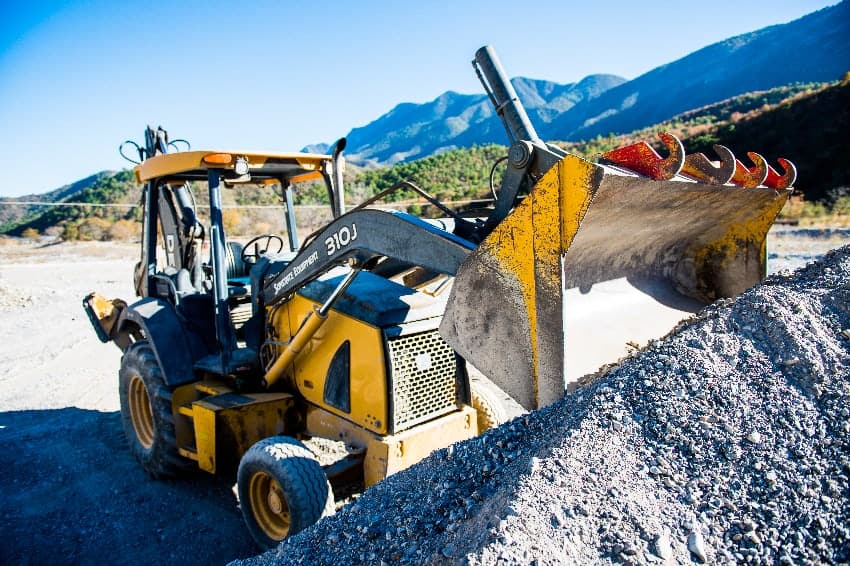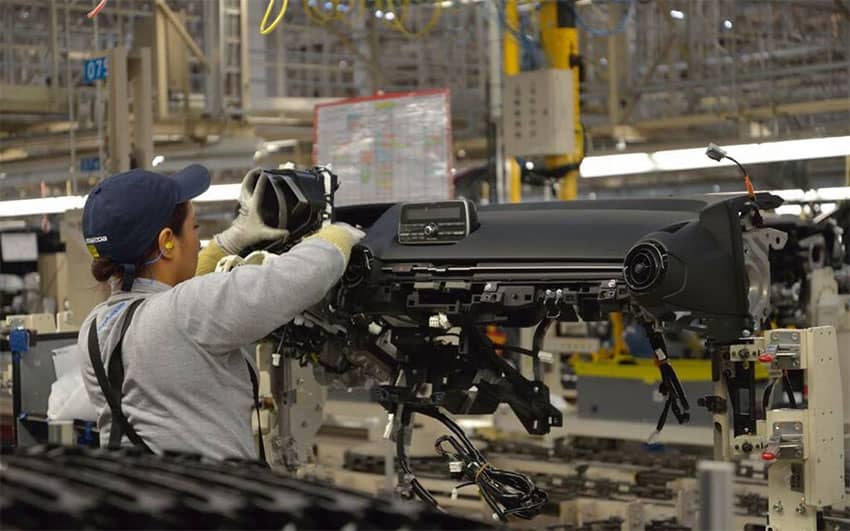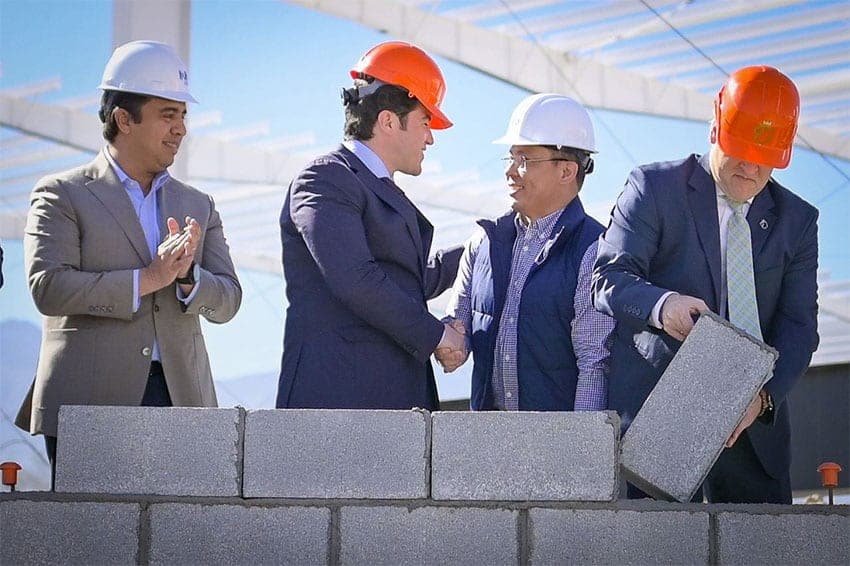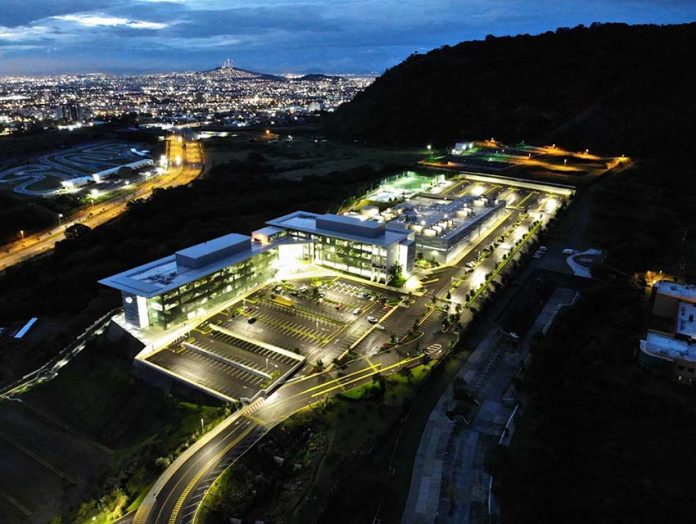As it seeks to capitalize on the nearshoring opportunity, the federal government on Wednesday announced tax incentives aimed at boosting investment in Mexico.
The incentives and the sectors that will benefit were outlined in a decree published in the government’s official gazette. Let’s take a closer look at the decree.

What are the tax incentives?
Deputy Finance Minister Gabriel Yorio explained in a post on the X social media site that accelerated depreciation will apply to assets purchased by companies that operate in 10 export-focused sectors.
Accelerated depreciation is “any method of depreciation used for accounting or income tax purposes that allows greater depreciation expenses in the early years of the life of an asset,” according to Investopedia.
The permitted depreciation percentages range from 56% to 89% in 2023 and 2024, Yorio said.

An 89% depreciation rate applies to “machinery and equipment directly used for new product research or the development of technology in the country” as well as to manufacturing equipment including dies and molds, according to the decree.
An 86% depreciation rate applies to a range of electric vehicles as well as “planes dedicated to agricultural fumigation,” while an 88% rate applies to computers, printers and other electronic products.
The full list of depreciation rates is available in the decree (Spanish).
Yorio noted that an “additional deduction” of 25% is guaranteed for a period of three years for “worker training expenses.”

Who will benefit from the incentives?
Yorio said that the decree “establishes tax incentives for companies that wish to relocate to any part of Mexico and applies to 10 key sectors of the Mexican economy.”
The incentives are also accessible to companies currently located in Mexico “that belong to the sectors identified as key in the export industry,” according to the decree.
The 10 sectors, as summarized by Yorio, are:
- Electronic components
- Semiconductors
- Batteries
- Engines, including hybrid ones and those that run on “alternative fuels”
- Electric and electronic equipment
- Fertilizers
- Pharmaceuticals
- Agro-industry
- Medical equipment
- Cinematography
To qualify for the incentives, companies must prove that at least 50% of their revenue from their operations in Mexico comes from exports in 2023 and 2024.
More on the government’s motivation
In its decree, the government said that Mexico is in a “favorable” position “to be considered an attractive destination for foreign direct investment” given that “with the aim of avoiding interruptions in supply chains and their operations, it’s feasible that companies will consider relocating part of their production to destinations close to the markets with which they” do business.

It said that the objective of the tax incentives is to “maximize the competitive advantages that our country offers in order to promote greater productive investment.”
The key sectors were selected because of their significant contribution to GDP growth and their “export vocation,” among other factors.
When does the decree take effect?
The decree enters into force this Thursday Oct. 12.
Are the tax incentives available all over Mexico?
Yes.
“These incentives are available in all states and municipalities of the country,” Yorio said, adding that “the window of opportunity” for interested companies is one year.
Mexico already offers incentives to companies that operate in the northern and southern border regions. Companies that set up shop in the Isthmus of Tehuantepec trade corridor will also be eligible for “significant tax incentives,” according to a Finance Ministry statement published in June.
Is Mexico already benefiting from the nearshoring phenomenon?

Numerous foreign companies have recently announced plans to establish a presence here or expand their existing operations, while foreign direct investment (FDI) hit a record high of over US $29 billion in the first half of 2023.
However, just 7% of the FDI total between January and June was new investment, with the lion’s share coming from the reinvestment of profits. That looks set to change in coming years as companies act on their relocation announcements.
President López Obrador has frequently described investment conditions in Mexico as “unbeatable,” but some observers believe that several policy changes (beyond the provision of tax incentives) are needed to ensure that the country doesn’t miss out on its nearshoring opportunity.
With reports from El Financiero, El Universal and Expansión
